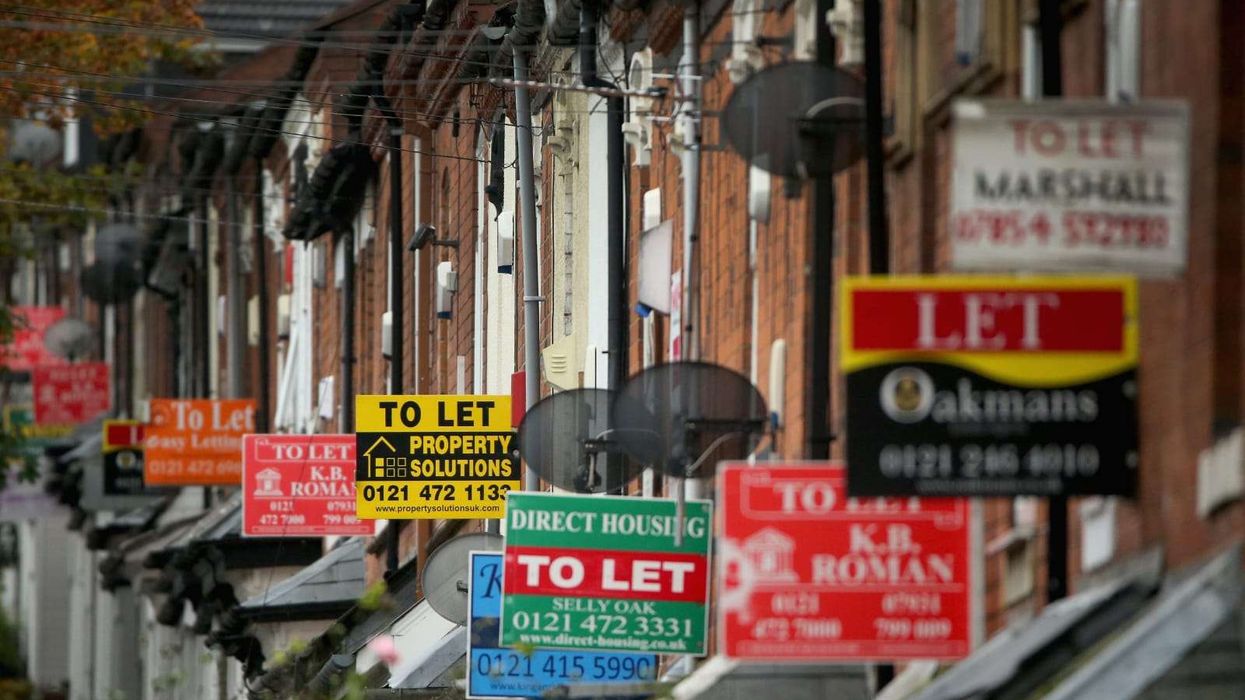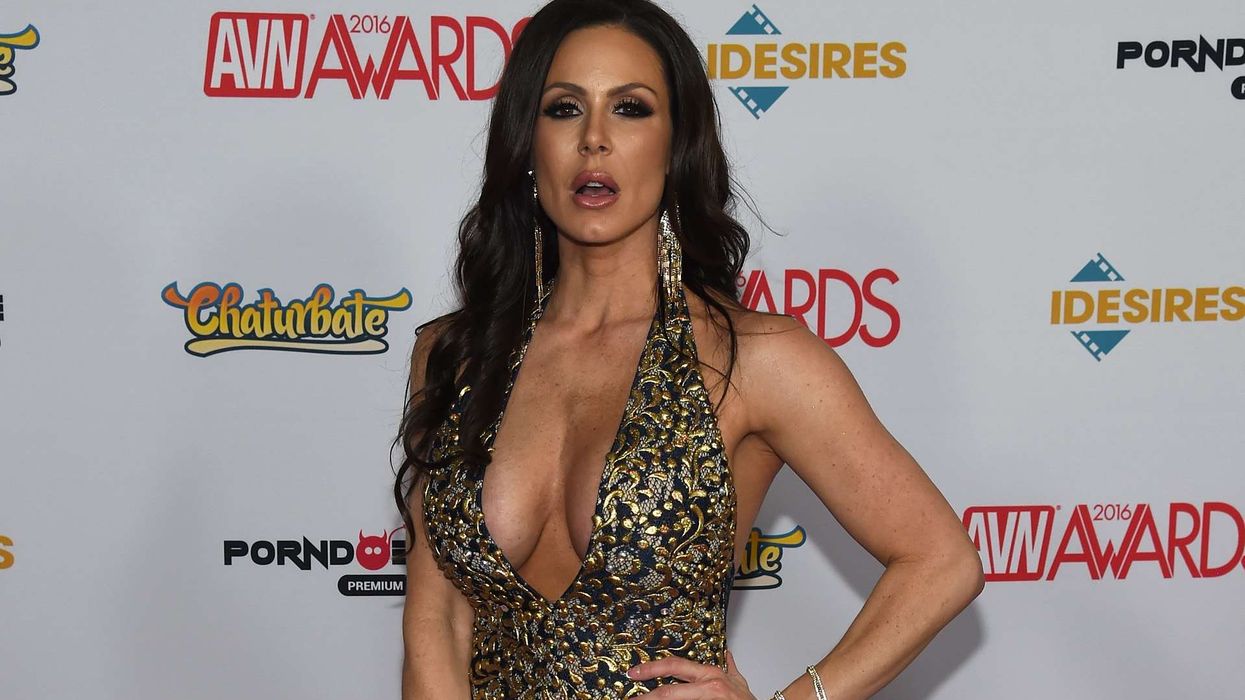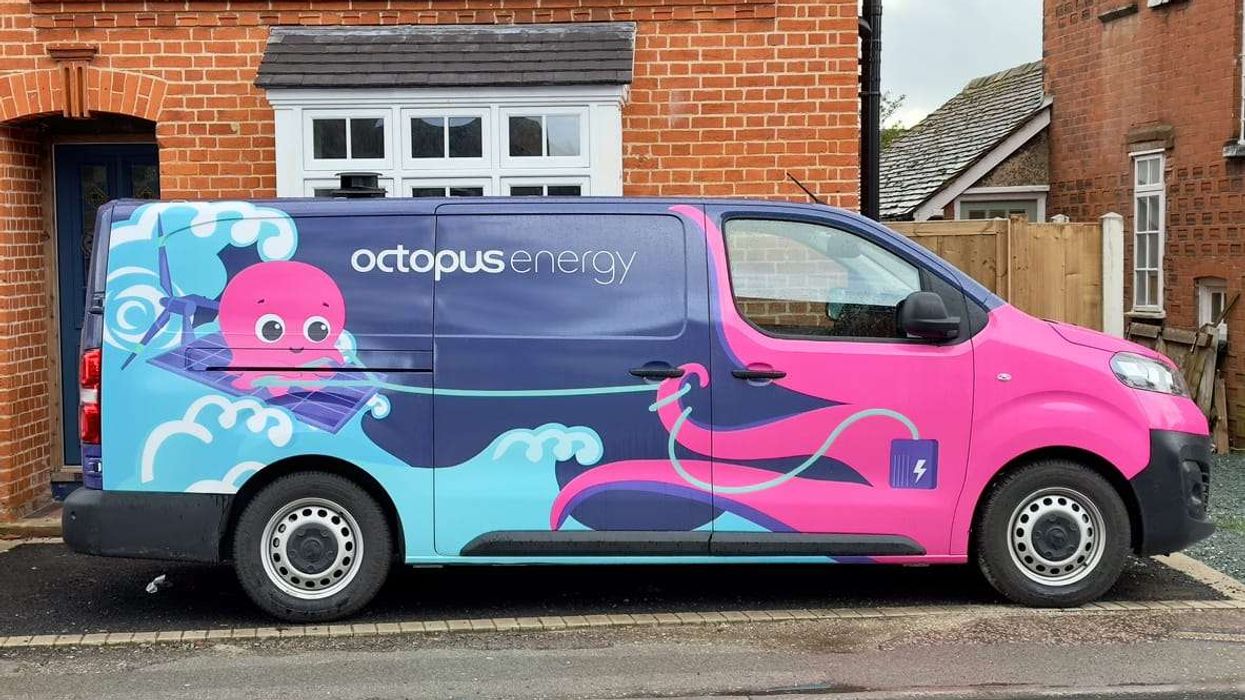INDIAN prime minister Narendra Modi's government raised import tariffs on nearly 75 items including gold and automobile parts in its federal budget on Friday (5) and increased taxes on the rich to hold down the fiscal deficit as it tries to revive growth.
Aiming to restart investment that's at its weakest level in years, the government also proposed giving foreign investors a bigger role in India's giant insurance and aviation sectors, which have been tightly controlled for decades.
Finance minister Nirmala Sitharaman unveiled the proposals while presenting the budget for the fiscal year ending March 31, 2020, to parliament, the first since Narendra Modi led government was re-elected in a vote in April and May.
Modi, boosted by a recent election victory, has set a target of growing India into a $5 trillion economy by 2024-2025 from $2.7 trillion.
A government report on Thursday (4) said this will be done on the back of higher investment, savings and exports in the way China's growth was propelled.
"This budget is setting out a vision, a target, for every sector of our society," Sitharaman said to the thumping of desks in parliament.
GDP growth slumped to 5.8 per cent in January-March, the lowest in 20 quarters. Growth for the last fiscal year, at 6.8 per cent, was also a five-year low.
All important indicators of economic activity, like the dipping index of industrial production (II) and plummeting automobile sales, confirmed the slowdown.
But the government, in its first budget since the re-election, did not announce a big jump in public spending as was widely expected.
Sitharaman said the fiscal deficit would be trimmed to 3.3 per cent of GDP in the fiscal year ending March 31, 2020 - which analysts said was likely based on expectations of higher tax collections.
"Commitment to restrict fiscal deficit at 3.30 per cent compared to 3.40 per cent is a good intent, but we need to look at the revenue assumptions more closely to draw more comfort," said Joseph Thomas, head of research, Embay Wealth Management in Mumbai.
Sitharaman raised import duties on gold and other precious metals to 12.5 per cent from 10 per cent and levied an import tax of one rupee per tonne on crude oil to boost federal revenue just as global oil prices have softened from their highs.
The government also increased local levies on a litre of petrol and diesel by two rupees each, stoking fears of inflation.
The finance minister said the government would provide state-owned banks Rs 700 billion of additional capital that are laden with bad debt which has affected their ability to lend and also spur economic growth. Indian banks and financial institutions, in all, hold bad debt of over Rs 10 trillion.
The government raised income tax surcharge on people with an annual income of more than Rs 20 million who make up the top end of Indian society.
Currently, India imposes 10 per cent surcharge where total income is between Rs 5m and Rs 10m, and 15 per cent on income above Rs 10m.
The new rate will include 25 per cent surcharge on income between Rs 20m and Rs 50m and 37 per cent on income exceeding Rs 50m a year.
"This budget is a mixed bag with a significant increase in taxation for the wealthy. Also, the increase in excise duty for petrol and diesel will stoke inflation," said Abhimanyu Sofa, head of research at IIFL Securities Ltd.
The government said 100 per cent foreign ownership will be permitted for insurance intermediaries and local sourcing norms will be eased for FDI in retailers selling a single brand.
India currently allows foreign direct investment in single-brand retail but mandates investors to source locally 30 per cent of the value of good purchased.
At present, India allows 49 per cent foreign ownership through the automatic route in the insurance sector, which is worth billions of dollars and has been tightly controlled for decades for fear of a backlash from the unions.
"It is high time India gets fully integrated into the global value chain of production of goods and services but also becomes part of the global financial system to mobilize global savings mostly institutional in insurance, pension, and sovereign wealth funds," Sitharaman said.
But economists say scaling up Asia's third-largest economy in rapid fashion will need bold reforms including freeing up land and labour markets, which Modi shied away from in his first term for fear of political backlash.
Capital Economics said in a note that reaching that target "is dependent in large part on achieving real GDP growth of 8 per cent a year, which we think is unlikely."
Land and labour reforms are difficult in a democracy like India and it seems unlikely Modi will risk drawing the ire of his Bharatiya Janata Party voters that re-elected him with a huge mandate.
(Reuters)











